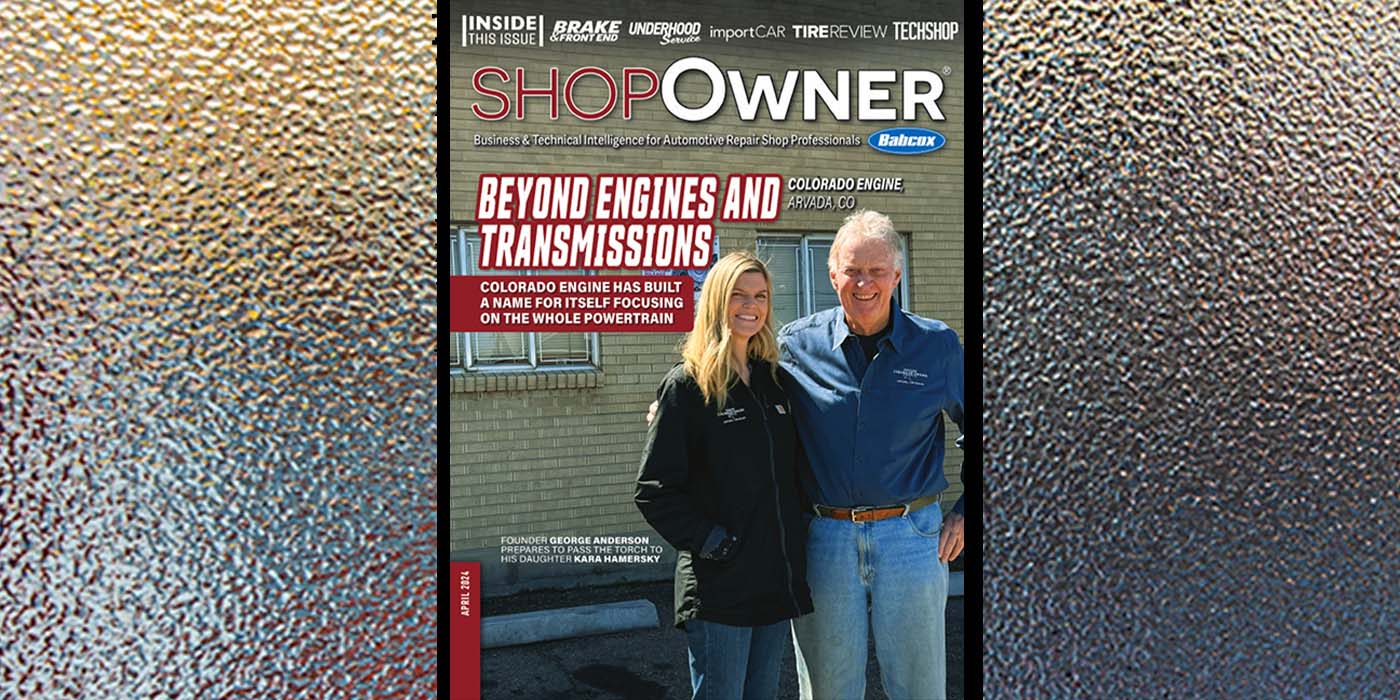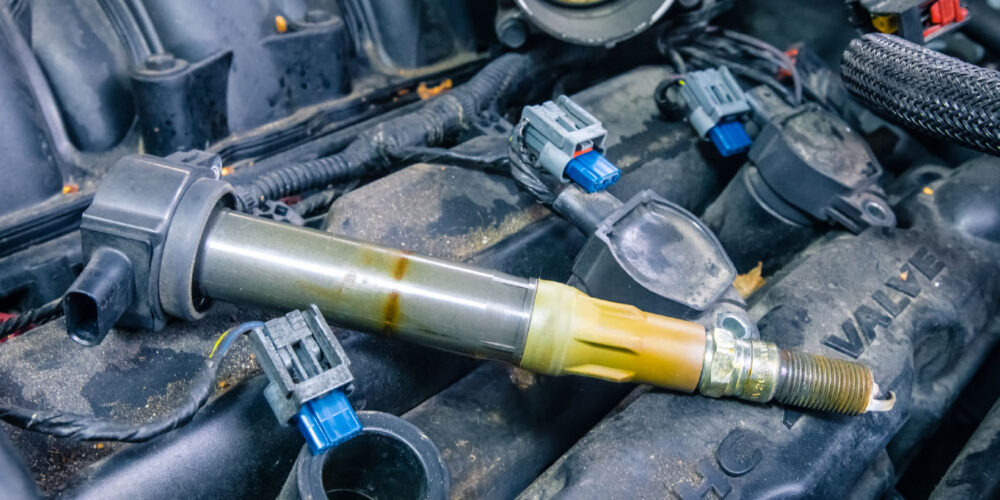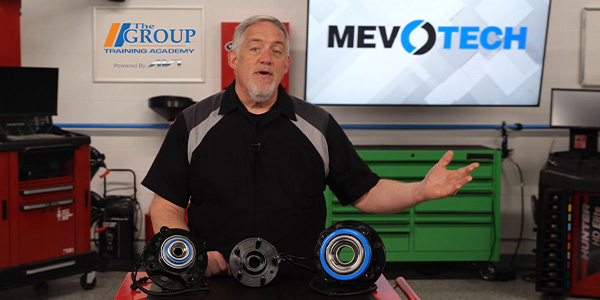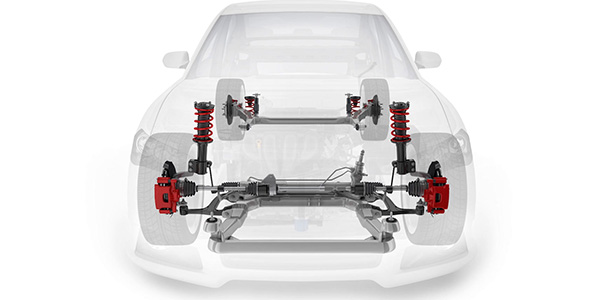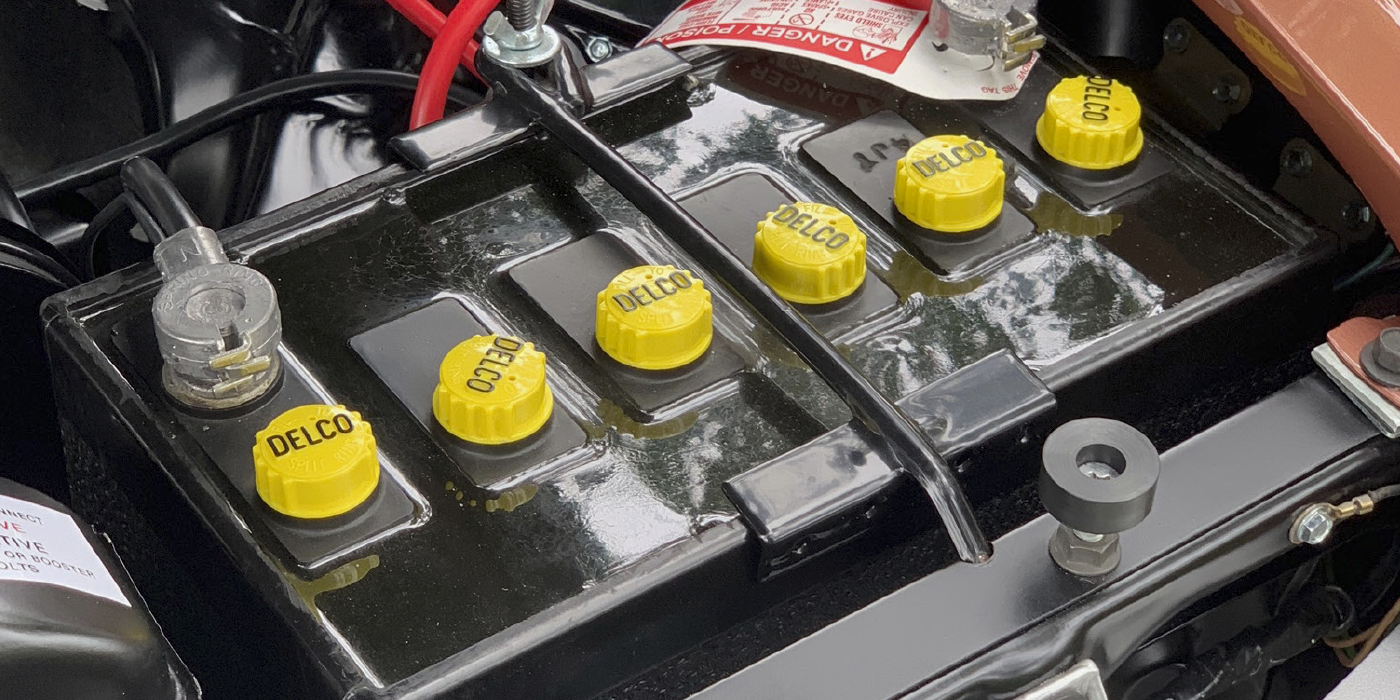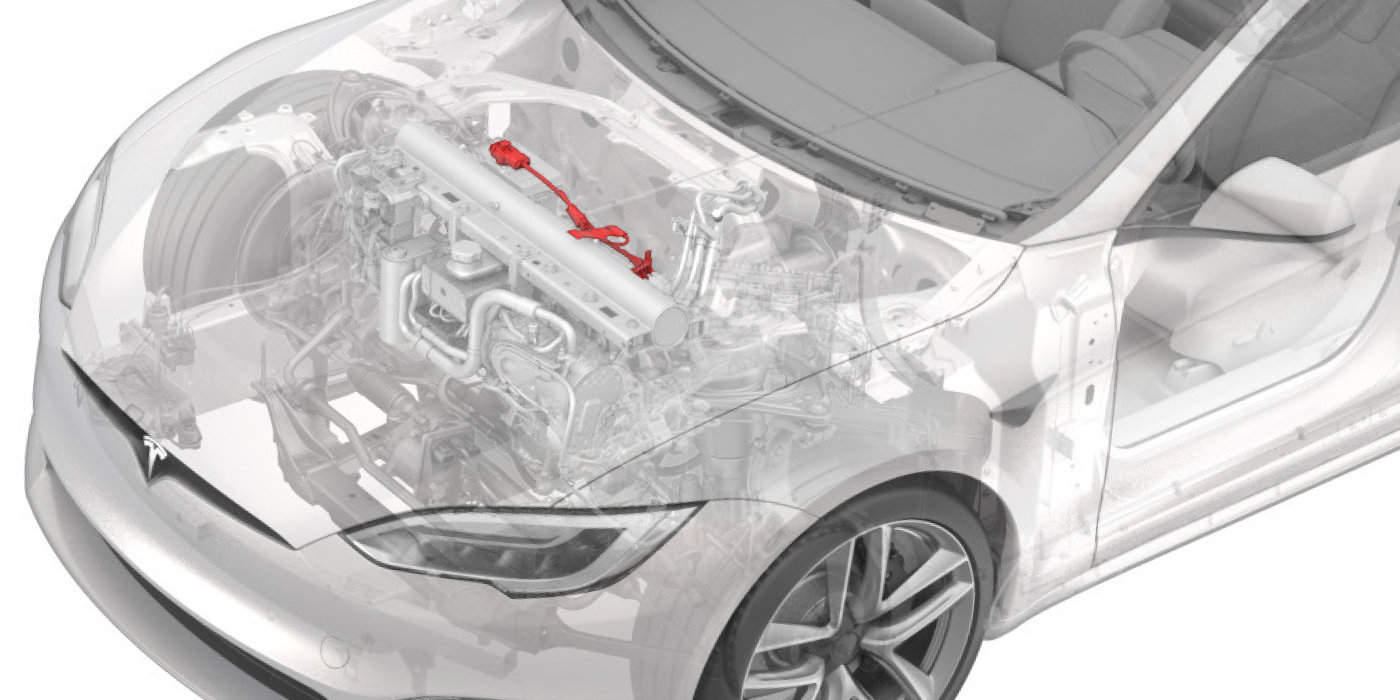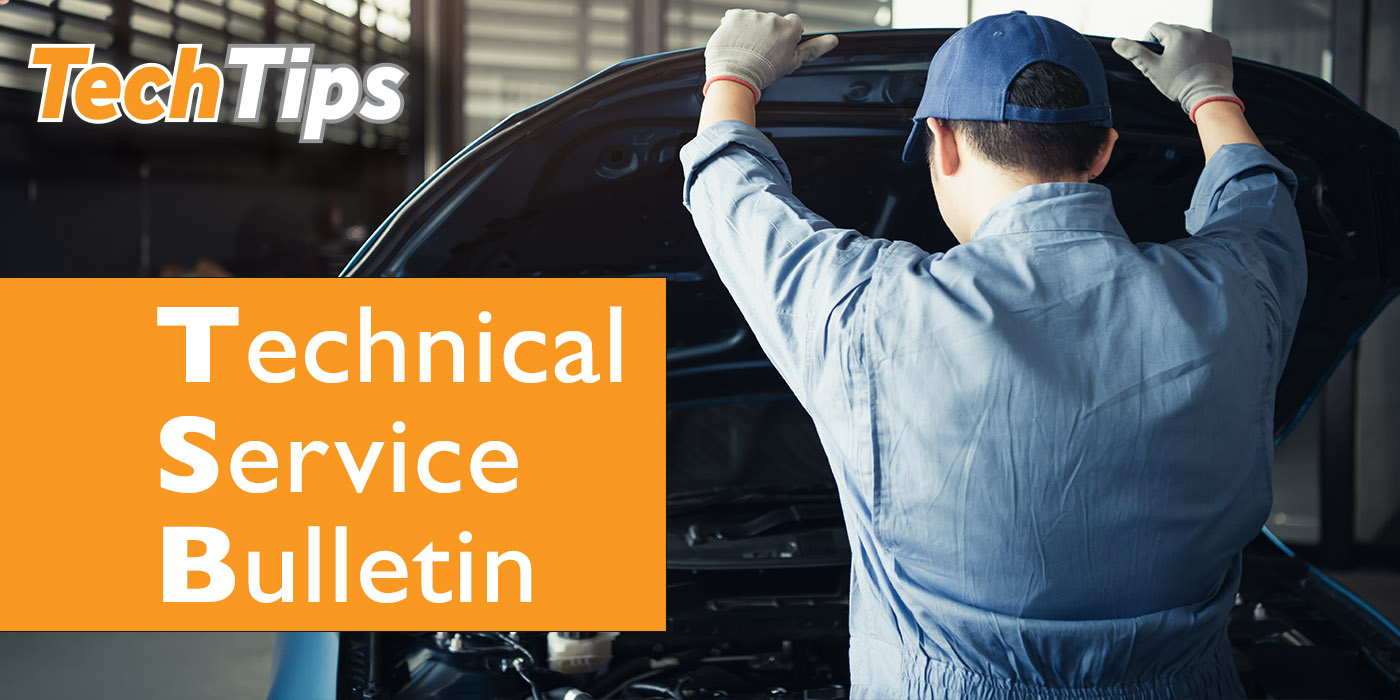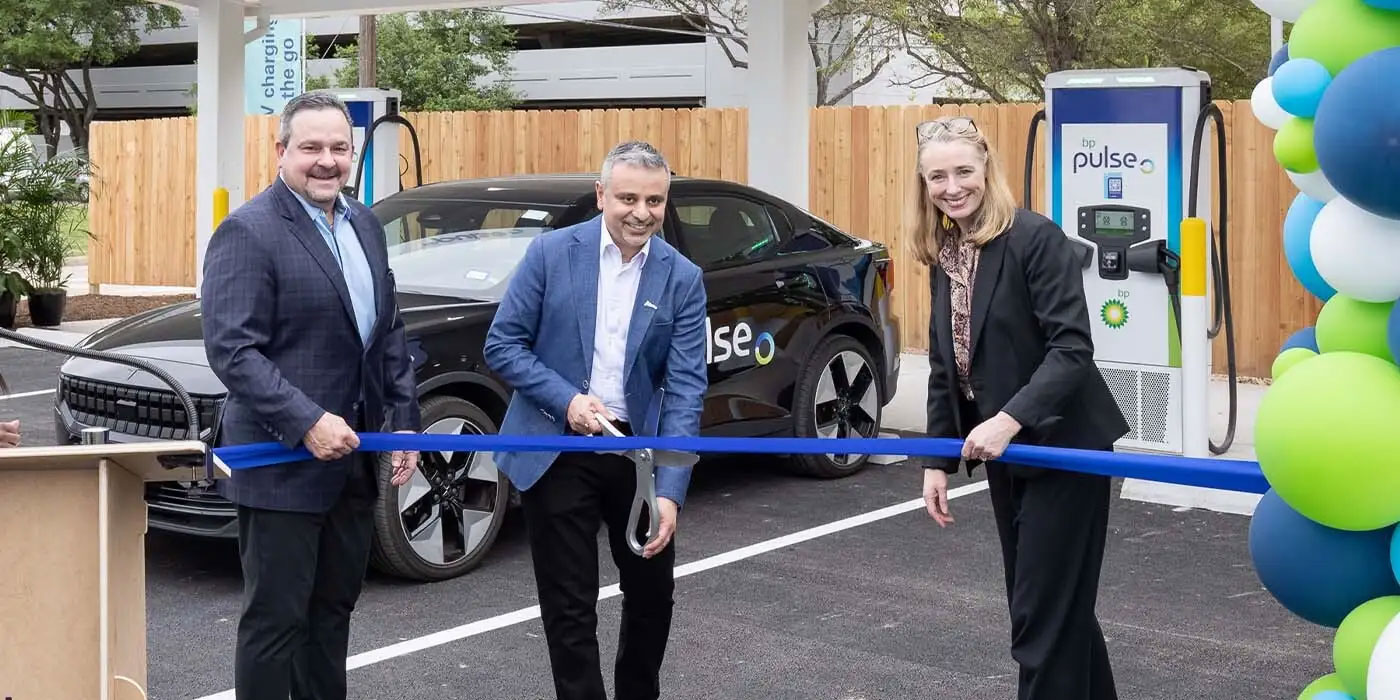Let’s dispel some motor oil myths so that you can educate your customers the next time you hear one:
• “Oil Brand A caused sludge in my father’s car 10 years ago.”
Assuming for a moment that the oil itself caused the problem then, please keep in mind that the oil industry moves forward quite often. For example, when the industry moved from GF-2 to GF-3 and also from GF-3 to GF-4, the oil formulations likely changed to keep up with the specifications. So assuming this story was once true, the oil formulations have changed substantially since that time.
• “Don’t use Oil Brand A because it contains paraffins.”
Paraffins are basically wax, which can be good for lubrication when handled properly. Conventional motor oils and even some synthetic motor oils may include small amounts of paraffins — regardless of brand. But the refineries of today remove practically all of them and additives called “pour point depressants” are put into oils to control what’s left of the wax. Handled properly, you can still make quality lubricants with great low-temperature performance.
• “Thicker oil is better because it provides higher oil pressure.”
It all depends. Thicker oil does typically provide higher oil pressure, but the manufacturers’ recommendations balance oil pressure versus oil flow. The manufacturer originally designs the clearances, oil pump and passages for the recommended oil viscosity and oil temperatures at those locations.
• “Oil is oil. I found some at the store the other day for a fraction of the price.”
Be sure to read the oil’s label and make sure that it meets the requirements for your vehicle. Be aware that some non-detergent motor oils are available at certain stores that will not meet the manufacturers’ requirements, even for some of the older vehicles still on the road today.
Unfortunately, it seems like these and other myths just never stop. But by informing the customer of the truth behind them from an educational perspective, not from a sales perspective, we chip away at the myths and your customers may look at you with even more confidence.
Courtesy of Quaker State.
For additional information on products offered by Quaker State, visit www.Qpower.com.




